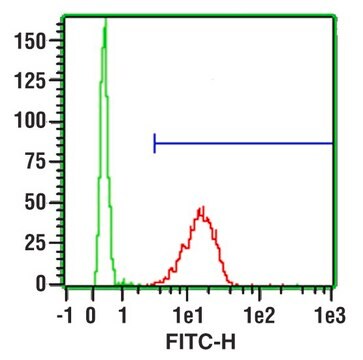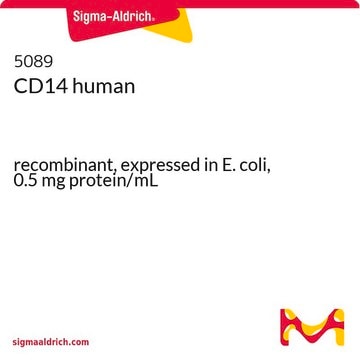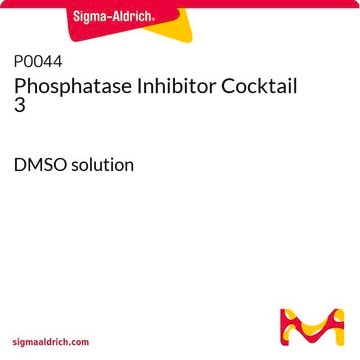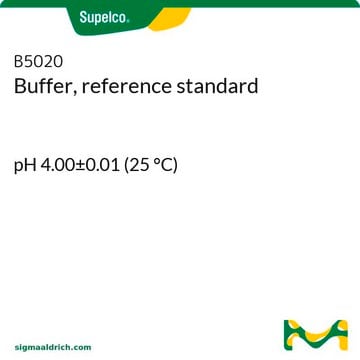C0551
Monoclonal Anti-CD11b antibody produced in mouse
clone ICRF44, purified immunoglobulin, buffered aqueous solution
Synonym(s):
Monoclonal Anti-CD11b
About This Item
Recommended Products
biological source
mouse
conjugate
unconjugated
antibody form
purified immunoglobulin
antibody product type
primary antibodies
clone
ICRF44, monoclonal
form
buffered aqueous solution
mol wt
antigen 165-170 kDa
species reactivity
human
technique(s)
flow cytometry: 5 μL using 1 × 106 cells
isotype
IgG1
UniProt accession no.
shipped in
wet ice
storage temp.
2-8°C
target post-translational modification
unmodified
Gene Information
human ... ITGAM(3684)
Looking for similar products? Visit Product Comparison Guide
Related Categories
General description
Specificity
2nd Workshop: code no. M104
3rd Workshop: code no. 202 and 238
4th Workshop: code no. M47
Immunogen
Application
Biochem/physiol Actions
Target description
Physical form
Disclaimer
Not finding the right product?
Try our Product Selector Tool.
Storage Class Code
10 - Combustible liquids
WGK
WGK 3
Flash Point(F)
Not applicable
Flash Point(C)
Not applicable
Certificates of Analysis (COA)
Search for Certificates of Analysis (COA) by entering the products Lot/Batch Number. Lot and Batch Numbers can be found on a product’s label following the words ‘Lot’ or ‘Batch’.
Already Own This Product?
Find documentation for the products that you have recently purchased in the Document Library.
Our team of scientists has experience in all areas of research including Life Science, Material Science, Chemical Synthesis, Chromatography, Analytical and many others.
Contact Technical Service






